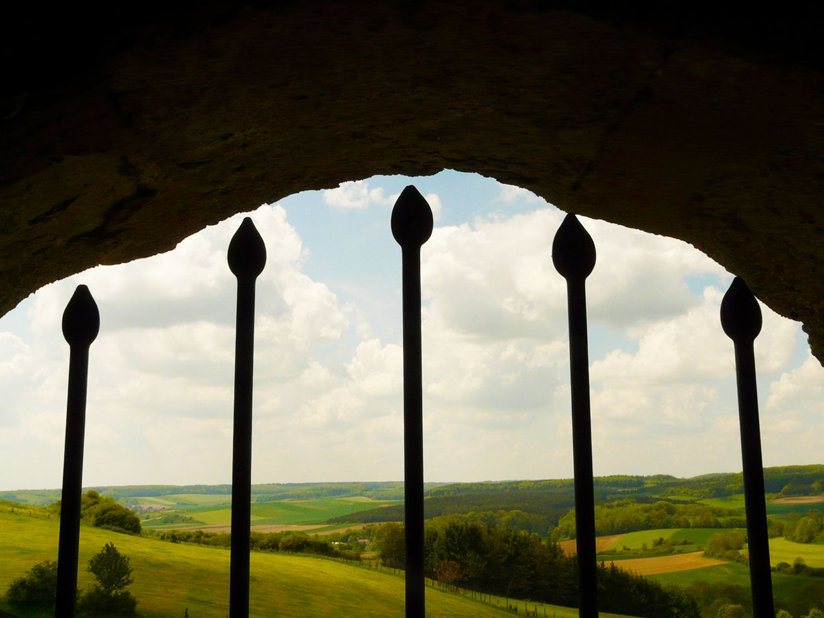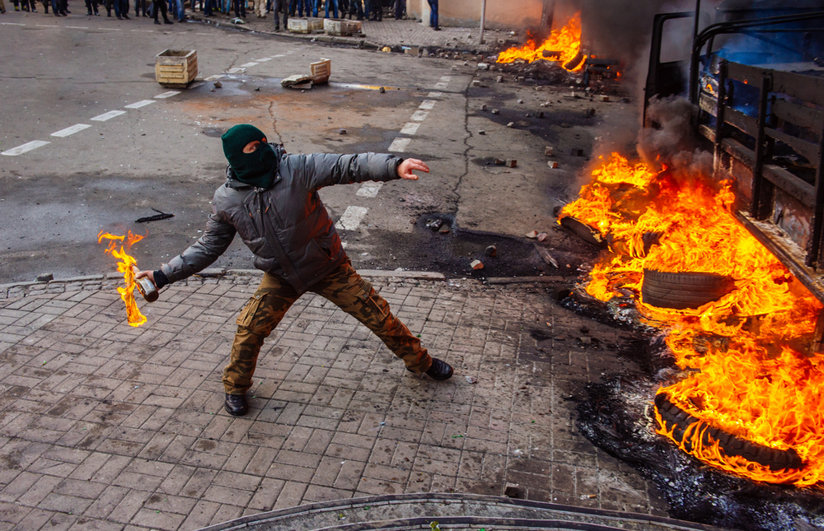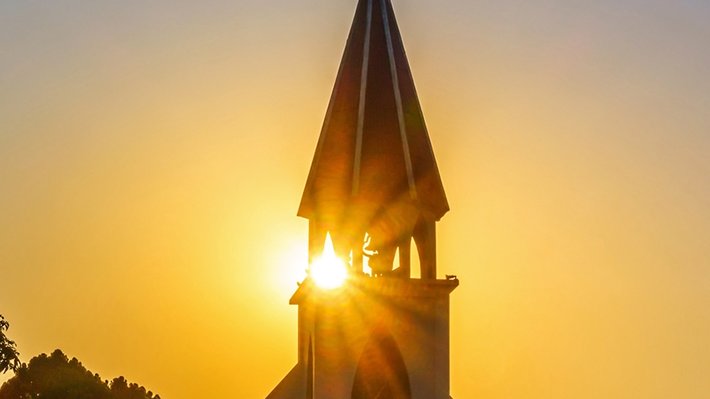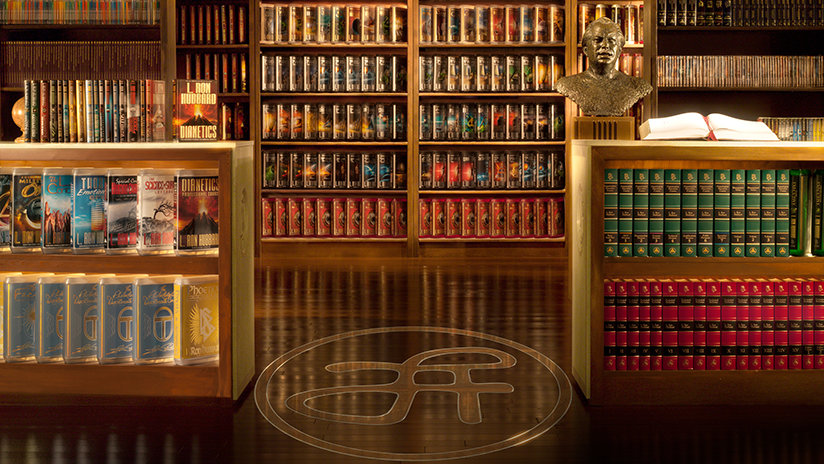Freedom Without Bars
“Buy me a drink?”
That is what the policeman said to my relative after stopping him for speeding on a highway in a Caribbean country. My relative had the tact to be polite, to admit to speeding and to treat the officer with respect. The fact that the car had three adorable children strapped into car seats in the back probably helped. We were on our way to a beach villa, the road was wide open with very few cars, and the SUV had gained speed on the downhill run.
As was apparently customary in such circumstances, the policeman told my relative that he wasn’t going to issue a ticket, just a warning, and asked: “So what are you going to do for me my friend? Buy me a drink?” And with the equivalent of a $20 bill, we were on our way without a citation. This was business as usual in a country where bribes and corruption were routine.

All around the urban areas of the island were signs of disorganization, criminality and poverty. Goats, dogs and chickens roamed aimlessly in the streets. Potholes were everywhere. Building codes seemed nonexistent, with a good 30 percent of all structures made of ramshackle plywood and iron sheeting.
And yet there were elegant neighborhoods accessed from winding streets with lush landscaping. Our relatives, who were hard-working, lived in a house in a gated community with an armed guard on duty 24/7. They had iron bars on every window and door. Outdoor patios were caged in with wrought iron work. When we went to a neighboring home to visit, we drove out of one gated enclave and directly into another. I never asked if the car was bullet proof.
It only takes a few desperate or insane people to ruin it for everyone else.
The people were industrious and friendly. I felt a welcoming hospitality that made the island a little bit of heaven. Yet there it was everywhere: an undercurrent of furtive watchfulness. It was a known fact that criminality was rampant. It was a part of the culture that no one could do anything about. As a result, there were armed guards in every shopping center and bars on every window and door. It left one feeling uneasy and vulnerable. Crime was everywhere.
It was good to get back to the States, but for about two days I felt exposed without the iron bars on the windows. And then things righted themselves. I longed for my relatives and the people in that lovely island to have a world with less crime. They had opened their hearts to us, serving up a nonstop daily dose of radiant smiles and kindhearted humanity. It is so true: it only takes a few desperate or insane people to ruin it for everyone else.
And it only takes a few people yelling at the tops of their lungs to create a riot, empty a public place by yelling “fire,” throw terror into people’s hearts or publish a slanted news article full of hateful lies.
When you look at how the world is ticking along fairly routinely, it’s easy to be a glass-half-full person. Most people aren’t criminals. The majority are doing their best to help, be constructive and live a happy life.

Yet today whenever I pick up a newspaper, magazine, log into a news website or turn on the radio, the hate speech is everywhere. It’s political, religious, racial, personal and rampant with irrationality. When did it get so bad? When did the news sources become bastions of opinion instead of fact-finding? When did everything start to have a twist? When did we all have to take sides and hate somebody else?
I would like to suggest that we all step back and take a look at the idea of tolerance. The other guy has a right to believe something different. He really does. We can’t all be the same.
But society has always worked best when there are accepted moral guidelines that are agreed to and followed. Outside those boundaries lie actions that are unacceptable, immoral, harmful, degrading and reprehensible. While bribery and corruption aren’t as entrenched in everyday life in the U.S., we know it exists, and we know it is wrong. But it’s not as rampant as it is in other countries, and that’s because of the demands of the majority here and their unwillingness to let it exist.
We each bear the responsibility for upholding the moral good for the greatest number. We live by example. When we work together things are better for everyone. We each must put our personal values into action for the greater good, whether we are following the precepts of a religion, philosophy, dogma or just plain common sense.
An interesting example was the time I was trying to refinance my house after the disastrous mortgage crisis of 2008. Property values were beginning to rise and interest rates were still low so it was a good time to get out from under a very difficult loan.
The independent appraiser was looking at my property and lamenting that with the new regulations she was not allowed to charge as much for each appraisal. Basically her pay had been cut. She always tied that remark in with the following statement: “I’m not sure I can evaluate this property at X value so you can get your loan. You know it depends on the comparable sales that I choose to compare your house to.”
It wasn’t as direct as “buy me a drink?” It wasn’t until her appraisal came in that I saw she took only the lowest and the oldest values possible of all the recent sales in our neighborhood. It was then that I realized that perhaps she was actually asking for money in exchange for a more favorable appraisal. I will never know. But I did notice that her complaint about her fee was always followed by a remark about which properties she might use for the comparisons.
We are each responsible for who we are and how we live. If we want a better culture, WE are the ones who must create it.
Because bribery wasn’t on my radar, and because I would never do that no matter what the perceived benefit might be, that appraiser didn’t get a “buy me a drink” moment. And there is much less corruption in the U.S. than other countries, because a good percentage of our citizenry thinks the same way.
When my son was young we hired a sitter/tutor from the local, well-reputed university near our house. She was a student in International Studies, her father was wealthy and successful and they were from another Caribbean island. She drove a brand-new BMW, which was a much more lavish car than we owned. She was a delightful person, a wonderful tutor, and my son thrived under her tutelage. We enjoyed employing her and getting to know her.
She confided in me that she was anticipating having a very difficult conversation with her father. She had made the decision not to return home to her country after her graduation. Her reason was simple, and painful. Her country accepted bribery and corruption as a way of life. She said she loved driving in the U.S., where she only got stopped if she had committed a traffic violation. In her country, people were stopped by the police routinely, and had to give the equivalent of about $200 to proceed on their way. The cops expected it and it was a way of life she wanted to leave behind.
We are all responsible for creating our culture. By not taking the possible hint from the frustrated appraiser and handing her a “bribe,” I helped direct my city and country on a more positive path. Each thing we do in life, large or small, sets a direction for ourselves and others. And it matters.
A cashier at a grocery store once gave me too much change. She handed me back a $20 bill instead of $5. I immediately walked back and gave her the $20. She was so grateful, and I took pleasure in her relief. A man behind me said within earshot of me, the cashier and another customer, “You should have kept it.” I told him “No. I couldn’t do that. That’s not right. Because you know who has to make up for missing cash in the drawer at the end of the day? She does!” And I pointed at the cashier. She agreed with me and another customer behind the man told him that I did the right thing, and that it would have been stealing to keep the undeserved change.
The man who so greedily suggested I keep the change sheepishly walked out of the store with a little less self-respect and perhaps a willingness to reshape his values.
Likewise, when I read inflammatory articles about other religions, politicians or persons, I check my outrage meter. Is the intent of the reporter or author to create upset and dissension or to start a dialogue and be informative? Am I looking at fact-checked content or vicious bias? Is that new source presenting experts with different opinions so that their listeners or readers can make their own decisions? Or is this new story like so much of what is touted as reporting today as fact, but is actually opinion, bias, hate-speech or downright villainy.
We are each responsible for who we are and how we live. If we want a better culture, WE are the ones who must create it. We do that by not tweeting out hate-speech, not supporting news or entertainment that has an agenda to manufacture fear or to destroy. We don’t accept or give bribes. We don’t steal. We show respect and tolerance when other people speak and share their opinions. And we look for and align with people of good will, from all walks of life, all faiths, all cultures, so that we create a movement for good.
And by doing so, we just might build a civilization that doesn’t need wrought iron bars on every window or door.










